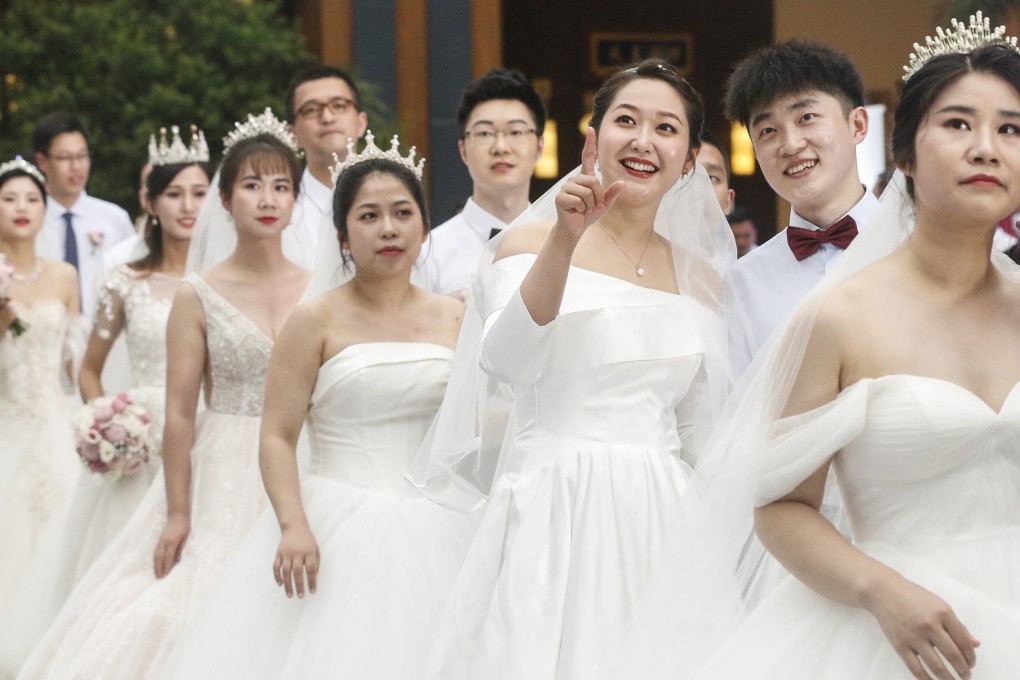Opinion | Censoring feminist discussions will not solve China’s population crisis
- Shutting down feminist groups on social media over ‘extremism’ has backfired and led to greater visibility for radical feminism
- If the government is worried about China’s population, it should address discrimination and other issues that hold back women

The “6B” stands for not having romantic or sexual relationships with men; not getting married or having children; not buying misogynistic products; and offering help to other single women. “4T” refers to their rejection of tight-fitting outfits, religions and idols.
Douban claimed the online forums associated with these groups were erased because they “contained extremism and radical political and ideological thoughts”. In a country where women are arrested for protesting against sexual harassment in public transport, such censorship is not a surprise.
Moreover, at a time when China’s population is shrinking, I can imagine the authorities don’t feel overjoyed by some women’s determination not to marry or to procreate. Are these women really radical, though?

10:42
China 2020 census records slowest population growth in decades
From what I understand, some of the 6B4T followers are lesbians, but not all of them. Some are disappointed or traumatised by their intimate relationships with men. They are mostly young, urban and educated.
